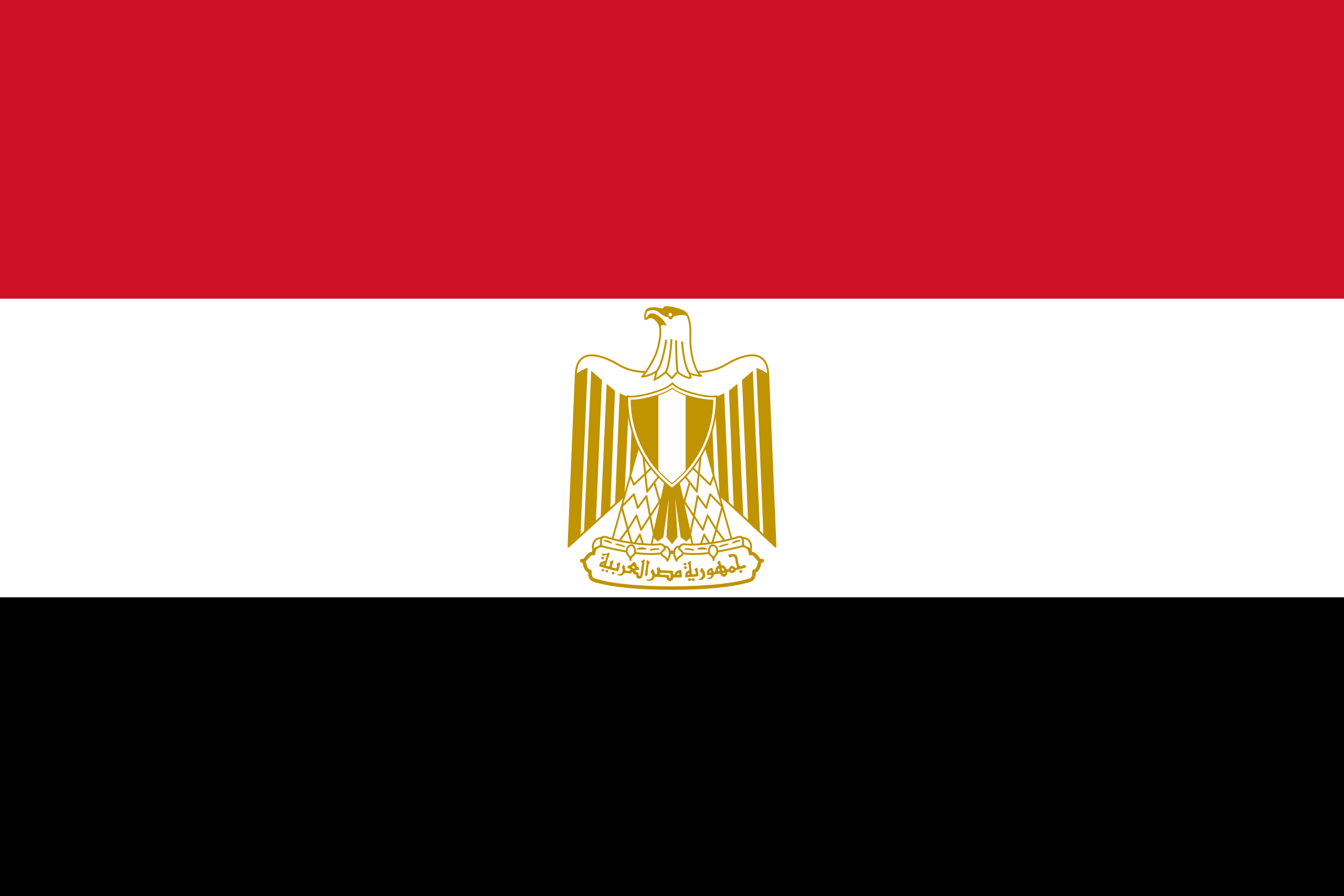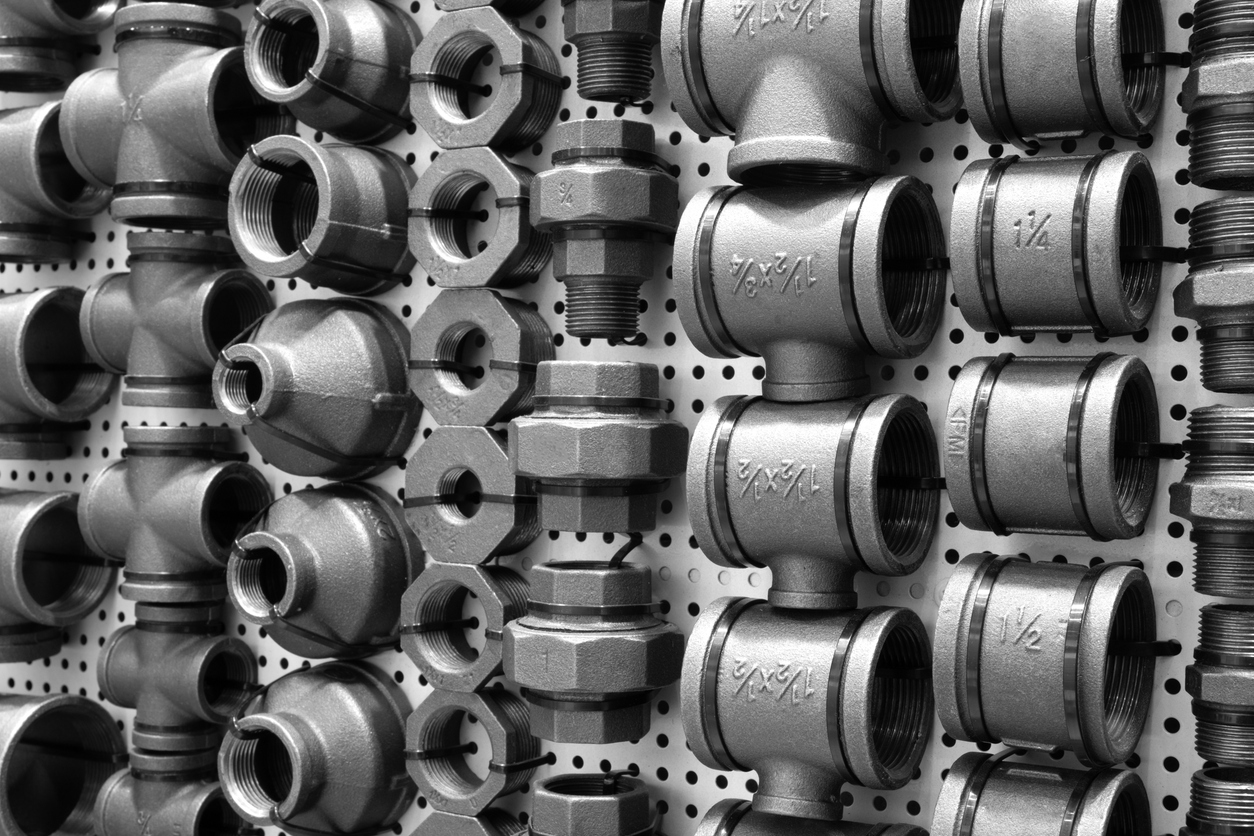How to Import Goods from Egypt to Nigeria.
How to Import Goods from Egypt to Nigeria.
Many people take the path of importing goods from Egypt to Nigeria because it is a cheaper and easier means of doing so. There are many advantages to this process such as low costs, no duties, exemptions of import restrictions and an efficient delivery time. This article will highlight some of the things you should consider before you start importing goods from Egypt to Nigeria for your business.
An Overview of the Import Process
In order to import goods from Egypt to Nigeria, you must get an import certificate from the Egyptian Embassy. You can either apply for a one-time certificate or a multiple-use certificate. As many as 10 certificates can be used for five years for each type. The application process takes about two weeks and is fairly simple.
Once you have your import certificates, it’s time to start importing goods from Egypt to Nigeria. In order to do this, you must know these four things:
1) Which goods are allowed
2) What is the value of goods
3) What quantity of goods do you want to bring in
4) How much do you want to pay per unit of weight
Once you have all of this information, it’s time to start importing goods from Egypt to Nigeria!
Advantages of Imports from Egypt to Nigeria
With the many advantages of importing from Egypt to Nigeria, it is very tempting for importers to take the path of importing from this country. However, there are certain things you should consider before making such a decision.
First, you need to determine your company’s import policies and ask yourself which country has the best fit for your business.
Second, you need to be aware of what duties and taxes you will be charged on your shipments. This will vary depending on whether or not the items are already in these countries or if they are being imported via air cargo.
Third, there are various shipping methods that one can use when importing goods from Egypt to Nigeria. These include: sea freight, air freight and express courier services. Some companies may have restrictions on which method they can use while others may not have any restrictions at all.
Fourth, you will want to consider the time it takes for your goods to reach their destination as well as their arrival date once they do arrive in Nigeria. Times vary based on what kind of shipping method is used but also depend on how busy the border is at that time and other factors that could take longer or shorter durations than anticipated by importers.
Fifth, there
The Import Process in the United States
The United States of America operates under the law of a free market. In addition to this, the U.S. is also one of the largest importers in the world. The country imports more than $2 trillion worth of goods per year and has an extensive customs process for those importing goods into their country.
One of the main considerations that should be taken into account before importing goods from Egypt to Nigeria is whether or not they are entering the country legally or not. There are many ways that goods can enter the United States legally and some countries don’t have to go through as much red tape while importing goods as others do.
Immigration issues should also be mentioned because it may be important to know if your business can get a work visa or how long it will take for your business to ship their merchandise into America, among other things.
Another consideration is whether or not there are any taxes on items imported from Egypt to Nigeria. These taxes could vary depending on what type of trade you’re doing and what type of product you’re importing from Egypt to Nigeria so it’s best if you contact your local customs office to obtain more information about these costs beforehand.
Advantages of Imports to Nigeria
First of all, importing from Egypt to Nigeria is more affordable than other transportations. If you compare the cost of shipping a container from Alexandria to Lagos with the cost of air freighting the same amount of goods, you’ll see that it’s cheaper if you import via land.
Secondly, there are no duties on imports into Nigeria. This means that the imported goods will be delivered at a cheaper rate and can be sold at a lower price. In fact, many importers have experienced up to 80% savings on their total costs.
Thirdly, there are very few restrictions on imports when they come from Egypt to Nigeria. You can import without any worries about not being able to comply with regulations such as origin restrictions or items that require permits for importation into your country.
Pros and Cons of Imports in Nigeria
One of the biggest benefits to importing goods from Egypt is the low costs associated with it. It’s cheaper to import goods from Egypt than it is to import them within Nigeria because of the many advantages mentioned above.
The downside to importing goods from Egypt is the need for a third party or broker, who will help you through the process and be in charge of delivering your items. This person can be costly, especially if you’re planning on importing large quantities of goods.
Another downside of imports in Nigeria is that you have to deal with very strict importation regulations set by the Nigerian Customs Service (NCS). If you don’t follow these regulations closely, you could find yourself paying a lot more for your imported goods than if you had purchased them locally.
Conclusion
The advantages of importing goods from Egypt to Nigeria are many, but the disadvantages can be just as high. It’s important to understand the risks and benefits in order to get the most out of importing goods from Egypt to Nigeria.








LEAVE A COMMENT
You must be logged in to post a comment.